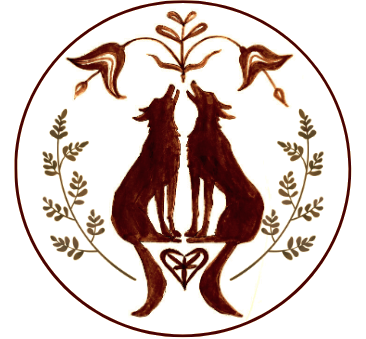The treatment of pediatric conditions with Chinese medicine uses mainly five approaches, all of which come from a basic protocol centered around transformation and transportation; they are dietary therapy, Chinese herbal medicine, tui-na or shoni-shen (non-needle techniques for stimulating meridians and points), acupuncture (rarely used in children under 12), and overall lifestyle modifications based on the child's unique environment and the way in which they process and thrive within it.
When working with children, treatment plans are not only based on what will serve the child to effectively alleviate the presenting symptoms, but more importantly to affect the root imbalance by working within the specific dynamics present and supporting the child's own internal resilience to recover balance. Natural methods are thus highly effective in treating children, as their energetic response is rapid and their bodies are not anchored in unhealthy patterns. Generally, much progress can be made relatively quickly by clearing pathogenic factors and nourishing the inherently adept healing response. All aspects of the child's health are always considered including physical, emotional/mental, environmental and treatments are always tailored to what both the child and parent are comfortable with.
In Chinese medicine, the spleen is the organ system which governs the process of digestion, absorption of nutrients, and management of qi. Children are born with very immature digestive systems since they receive all of their nutrients in utero from the mother and therefore do not have to process on their own until after their first breath. Pediatrician and practitioner of Chinese medicine, Steven Cowen advises that less is more in terms of treating children. Treatment protocols and herb formulas must remain as simple as possible so that we are supporting the child rather than taxing their qi further. He says “before a child has learned their alphabets is not the time to read them Tolstoy.”
From well visits for babies to teenagers labeled with autism spectrum disorders, Chinese medicine can be used for treating many pediatric ailments.
These are just a few:
- Colds and flu, cough, sniffles and sore throats
- Belly aches from colic, constipation, diarrhea
- Food sensitivity and nutritional concerns
- Eczema, acne, and other skin conditions
- Attention, social, and cognitive disorders
- Insomnia and related sleep issues, bedwetting
- Ear aches/infections
- Teething pain
- Asthma and allergies
- Weakened immune system
- Headaches and migraines
- Lingering pathogenic factors due to vaccines, antibiotics, or illnesses that don't resolve completely





















